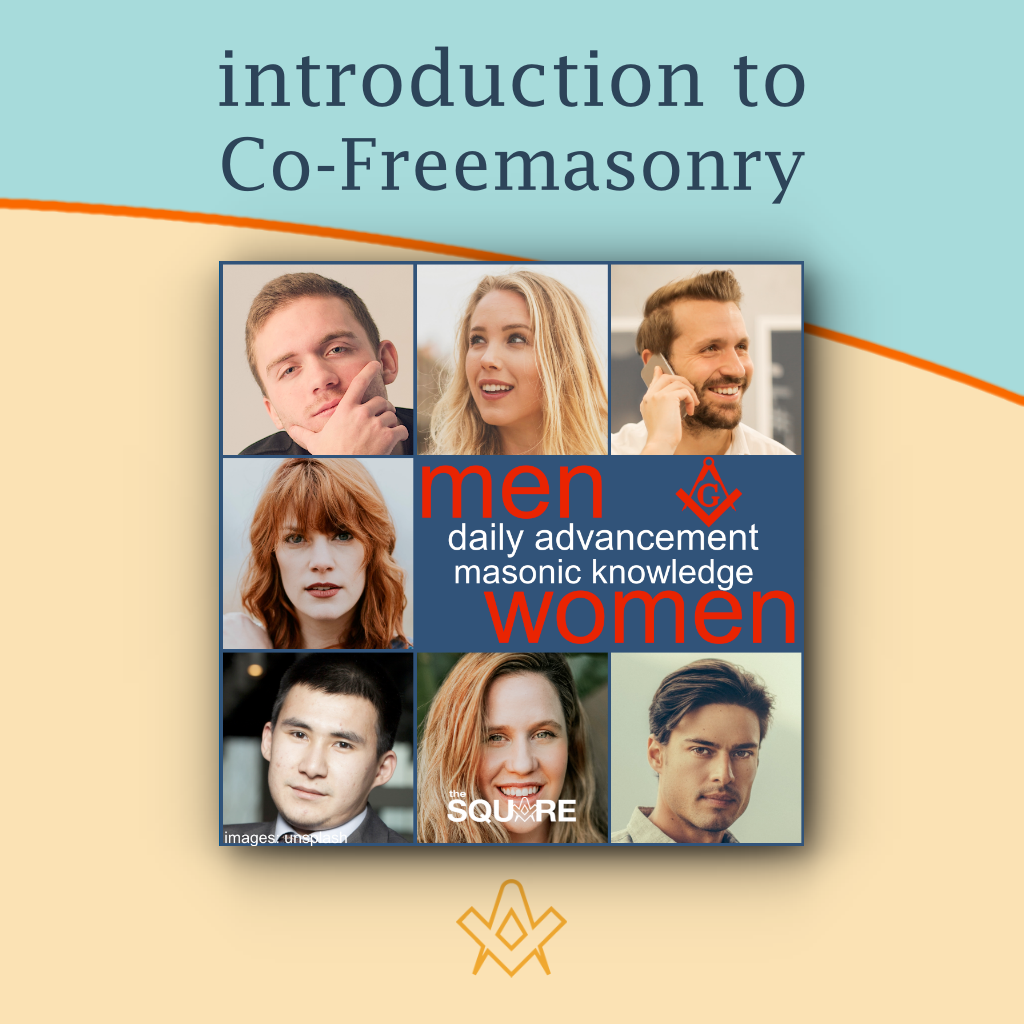Co-Freemasonry is a form of Freemasonry which admits both men and women. It began in France in the 1890s with the forming of Le Droit Humain, and is now an international movement represented by several Co-Freemasonic administrations throughout the world.
Most male-only Masonic Lodges do not recognise Co-Freemasonry, holding it to be irregular, or clandestine.
Recognition of Co-Freemasonry
Co-Freemasonry is not formally recognised by any of the larger male-only Masonic Grand Lodges in the US in as much as inter-visitation or other Masonic interaction is not permitted.
A Landmark of Freemasonry agreed by the 51 mainstream Grand Lodges in the US is that the initiation of women is forbidden, and members take a binding obligation not to countenance the initiation of women.
There are many other regular Grand Lodges outside the US that maintain both as a “Landmark”, including the United Grand Lodge of England, the Grand Lodge of Scotland, the Grand Lodge of Ireland, the Grand East of the Netherlands and the Grand Lodge of South Africa who all consider each other to be “Regular” (abiding by the same rules) and so allow their members to visit freely between these constitutions.
Certain Grand Lodges of Co-Freemasonry, those under Le Droit Humain, also follow the lead of the Grand Orient de France in removing references to the Supreme Being from their rituals and initiating atheists; this is a further point of separation from typical Masonic Lodges which hold belief in a Supreme Being to be a Landmark requirement.
Notwithstanding the prohibition of interaction in a ritual context, the United Grand Lodge of England, the oldest of the Grand Lodges, whilst not recognising Co-Freemasonry, states that it does hold informal discussions from time to time with Women’s and Co-Masonic Grand Lodges on issues of mutual concern, and that Brethren are therefore free to explain to non-Masons, if asked, that Freemasonry is not confined to men (even though this Grand Lodge does not itself admit women).
The Grand Orient de France did not initiate women for many years, but it does now, and it recognizes Masonic bodies that do. Thus, it allows visitation by women from those bodies.
The International Order of Freemasonry Le Droit Humain
The International Order of Freemasonry Le Droit Humain is a global Masonic Order, membership of which is available to men and women on equal terms, regardless of nationality, religion or ethnicity.
The Order is founded on the ancient teachings and traditions of Freemasonry, using Masonic ritual and symbolism as its tools in the search for truth.
On the individual level, the Order aims “to promote the progress of individual worth, without the imposition of dogma, or exacting the abandonment of cultural or religious ideas“.
On a collective level it works “to unite men and women who agree on a humanist spirituality whilst respecting individual and cultural differences“.
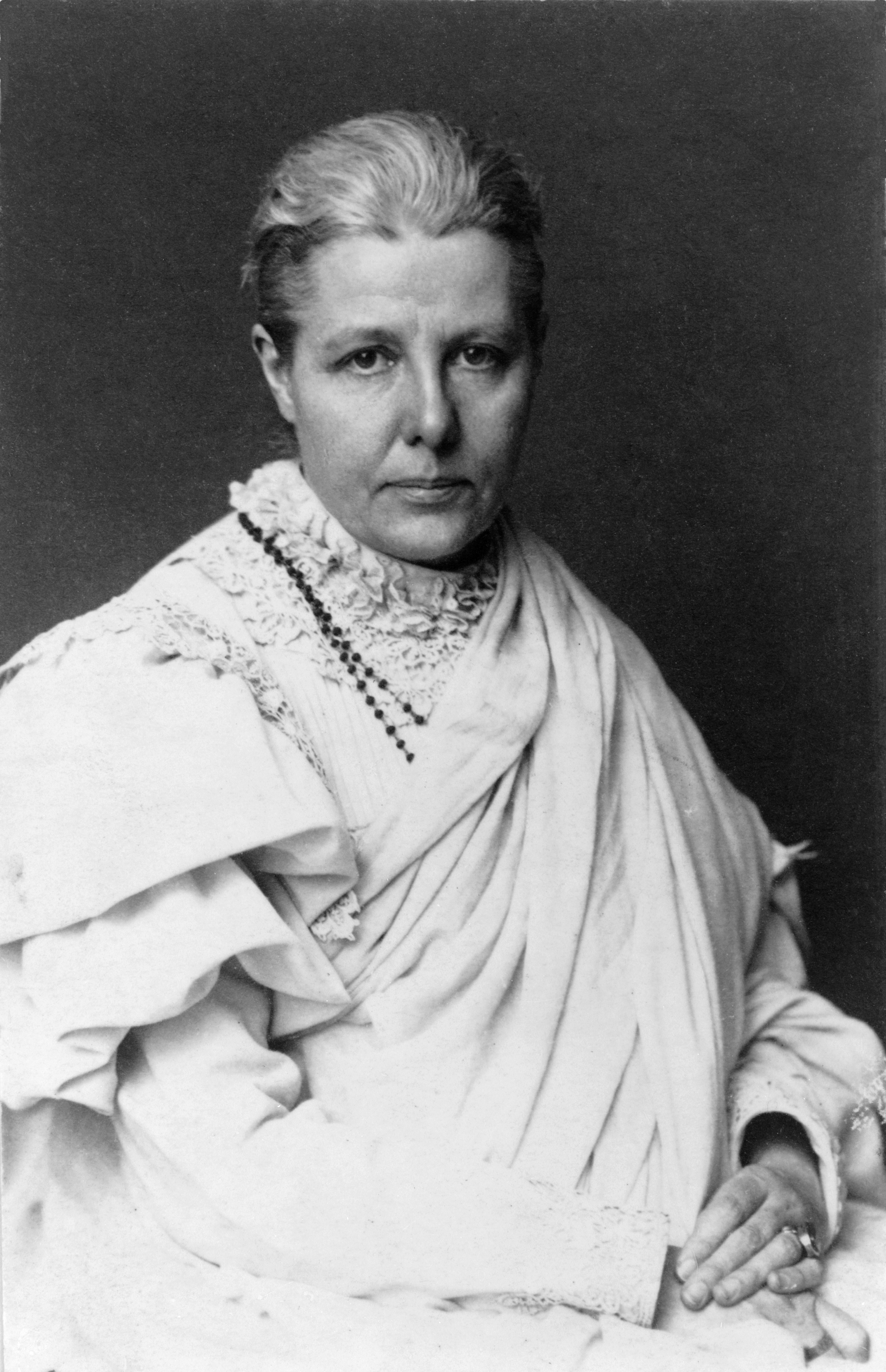
Annie Besant
IMAGE Linked: Wikimedia
Le Droit Humain
In contrast with other Masonic organisations which operate in national or state jurisdiction only, Le Droit Humain is a global fraternity with many Federations and Jurisdictions worldwide, each of which work the Scottish Rite from the 1st to the 33rd degree. The Order is administered by the Supreme Council, which has its headquarters in Paris. Within the International Constitution, however, member Federations have the freedom of self-governance.
The British Federation of the International Order of Co-Freemasonry Le Droit Humain was the first Federation to be established outside France, thus making the Order truly International.
On 26 September 1902, Lodge Human Duty No. 6 was consecrated by the Grand Master, The V. Ills. S. Marie Martin 33°, assisted by Officers of the Supreme Council, including one of the Co-Founders of the Order, Georges Martin 33°.
The first Master of the Lodge was Annie Besant, who would become the first Grand Commander of the British Federation.
The British Federation works the Ancient & Accepted Scottish Rite from the 1st to the 33rd degree inclusive.
In addition, the Allied Degrees of Mark, Royal Ark Mariner, Excellent Master, Holy Royal Arch of Jerusalem, Knights Templar and Royal Order of Scotland are worked.
Le Droit Humain is in mutual amity with the following Orders (meaning recognition is reciprocal and members can intervisit):
· Grande Loge de France
· Grand Loge Féminine de France
· Grand Orient de France
· Grand Orient of Belgium
· Grand Lodge of Belgium
Le Droit Humain recognises the following Masonic Orders (but is not reciprocally recognised by them as a regular Masonic Order):
· United Grand Lodge of England
· The 51 “mainstream” Grand Lodges in the United States (one for each State plus the District of Columbia)
· Prince Hall Masons
Article by: Julian Rees

Julian Rees was initiated into Freemasonry in 1968 in Kirby Lodge No. 2818, London and was Master in 1976/77 and again at the centenary of the Lodge in 1999/2000. He joined many other UGLE Lodges.
He has been a regular contributor to Freemasonry Today since its founding in 1997 and from 2003 to 2007 he was Deputy and News Editor.
He was appointed active Junior Grand Deacon in the United Grand Lodge of England in 2007. In 2011 he left UGLE and joined the International Order of Freemasonry for Men and Women Le Droit Humain. He remains a well-published and respected Masonic author.
web site: www.julianrees.com

Making Light Handbook For Freemasons
by Julian Rees
At last an easy-to-read guide to the path of self-knowledge and self-improvement that is Freemasonry. This volume takes the reader through each of the three degrees of Craft Freemasonry, explaining how best to gain insight from the study and application of these teachings.
For the newly made Mason, this book provides an explanation of the ceremony and a glossary of Masonic terminology. It also provides a similar guide for future degrees of Masonic progression.
For the experienced Freemason it illustrates interesting and largely unknown aspects of the symbolism of the three degrees. To discover the true Masonic secret, we have to work to bring it forth; this book is the manual for that great work.

Tracing Boards of the Three Degrees in Craft Freemasonry Explained
by Julian Rees
Although most Freemasons will be familiar with the Tracing Boards – painted or engraved illustrations developed in the early years of Freemasonry which are used in Lodges to illustrate Masonic symbols and allegories during degree ceremonies and lectures – little has been published on them.
The Tracing Boards are an essential part of the three Craft Degrees, assisting the Freemason in his quest to decode and interpret those allegories.
There is no publication which adequately explains the Tracing Boards, their use and meaning of their symbolism, and Tracing Boards of the Three Degrees in Craft Freemasonry Explained fills that gap.
The first three chapters give a detailed method of understanding and revealing the import of the three craft boards, based on those used in the three degrees by the Emulation Lodge of Improvement, known as the Harris Boards, which contain the elements of most of the Tracing Boards used in Lodges throughout England.
The fourth chapter gives a brief overview of the history and the development of Tracing Boards in England, with some fascinating illustrations of long-forgotten boards.
In the fifth chapter the author draws in many Tracing Boards and Lodge Cloths from other countries, particularly from the USA, and from other Masonic jurisdictions, bringing the art-form right up to the 21st century.
This book is richly illustrated and features boards never before seen outside museums.
Julian Rees was for some years on the Precepting Committee of the Emulation Lodge of Improvement in London. He has been a regular contributor to the quarterly magazine Freemasonry Today since its founding in 1997.
In 2003, he joined the editorial team as deputy and news editor, and in the same year delivered the prestigious Wendel K. Walker Memorial Lecture in New York entitled Through Ritual to Enlightenment.
He was one of the founding members of The Cornerstone Society, serving as Secretary for a number of years, and has lectured extensively to lodges in this country and abroad.
Rees has been honoured by the Institut Maçonnique de France with the Ordre Maçonnique de Lafayette.
He is now a member of the International Order of Freemasonry Le Droit Humain in England.
He is the author of Making Light – A Handbook for Freemasons, The Stairway of Freemasonry, Ornaments Furniture and Jewels and So You Want To Be A Freemason?
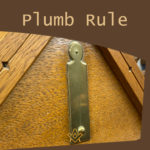 The infallible Plumb Rule, which, like Jacob’s Ladder, connects Heaven and Earth, is the criterion of rectitude and Truth. It teaches us to walk justly and uprightly … |
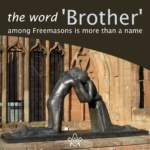 Brother among Freemasons is more than a name Are we to be forever crushed by evil and allow it to distort our lives ? Or maybe we can learn a lesson of understanding, tolerance and reconciliation. |
 Light symbolises knowledge, and darkness symbolises ignorance |
 Ritual. Why are we doing this repeatedly, over and over again. We all know the words. What is the point? |
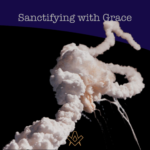 Feelings, instincts, can be our best defence against mistake or attack. |
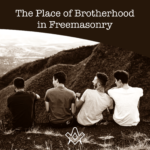 The Place of Brotherhood in Freemasonry To what extent are the fraternal relations between my fellow Freemasons and myself different to those which I hold with my neighbours and friends? |
 The mind is not a vessel to be filled, but a fire to be kindled. |
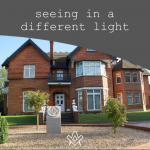 Further in-site into The International Order of Freemasonry for Men and Women Le Droit Humain which has been implanted in the United Kingdom since 1902 and is today the standard-bearer of the Order in this country. |
 Introduction to Co-Freemasonry A brief introduction to universal Co-Freemasonry - Le Droit Humain, Freemasonry for both Men and Women |
masonic knowledge
to be a better citizen of the world
share the square with two brothers

click image to open email app on mobile device



